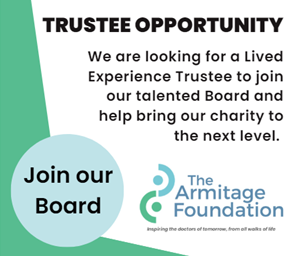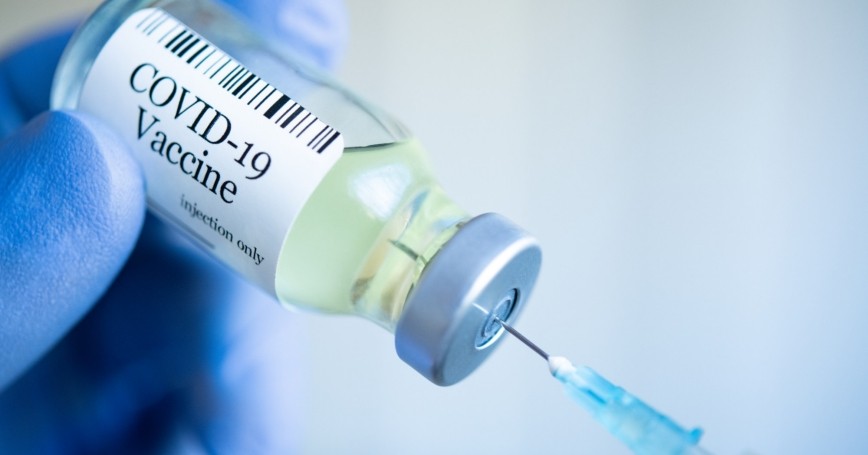
The journey to medical school is definitely not an easy one. Many people think that being offered a much-coveted place is the end of the process, but those anxiously awaiting their A Level results will tell you otherwise.
This year has been another particularly challenging year for medical school applicants, with universities being wary of oversubscribing courses due to high fines from the government if they do. However, this does mean that, for those who don’t have a place on results day, there will be more spaces available through Clearing.
What is Clearing?
Clearing is a process that allows universities to fill any empty course spaces that they have after students have confirmed or lost their place, either because they have changed their mind, or have not achieved the grades they need.
In order to apply to a university through Clearing, you can’t have an existing offer from a university – either as a confirmed space or as your non-medicine backup place.
Can I get into medicine through Clearing?
Because there is so much competition for places at medical schools, and because the grade requirements are so high, there are likely to be Clearing places this year. While universities like King’s College London and St George’s University of London are likely to go into clearing, some universities, such as the University of Exeter, try to avoid the process by having a waitlist of applicants who just missed out on a space in the initial admissions process.
Many universities open Clearing spaces in July, but for medicine, Clearing usually opens on the English Results day. It is a case of being quick and efficient, as Clearing spaces go fast!
Preparing for clearing
If you have sat your UCAT, got work experience, written an excellent personal statement and passed medical school interviews, then you are probably incredibly organised, so this last bit of preparation should be a breeze for you.
Before results day create a list showing universities that you would like to go to and that are likely to have spaces in Clearing and their:
- Clearing process (some universities have an online process, while some use phone admissions)
- Phone number* (and Clearing hotline if you can find it) or online application link
- Clearing application link (some
- Standard entry and clearing requirements
- Admissions contact details
- Basic information that you can use in case you are interviewed over the phone
*TIP – you may find lots of different lists showing Clearing numbers, and you can’t verify them until the day. Add each number to your document and cross them off as you try them. If you have people helping you, you could all try a different number at the same time.
Your UCAS information will be very familiar to you, but it will be useful for you to go into your folder and copy the following information into your clearing document:
- UCAS ID
- Clearing number (this will only be available if you are eligible to apply for Clearing)
- Predicted grades
- GCSE grades
- Personal statement
Make sure that this information is available to you and whoever might help you if you need to go through Clearing (parents, form tutors, sixth form heads). You can do this by making a shareable document, or by printing off multiple copies of your information.
Make sure your phone, tablet and laptop are fully charged, and you have a pen and paper nearby to take notes.
On the day
If you are waiting for your grades, you will most probably be up at 7.59 a.m. on Thursday 17th August refreshing your UCAS homepage every 5 seconds. Once the site has crashed and recovered, you will find out if your university has confirmed your space or not.
A confirmed space doesn’t tell you what your grades are, just whether or not your university has confirmed your place.
If you have a space confirmed – congratulations! You can start thinking about next steps and, if you are moving away from home, get your kit list together.
If your space isn’t confirmed, this means that you have not achieved the grades specified by the university. You need to find out your actual grades before you can proceed with Clearing, so if you checked your UCAS at home, you will then need to check your grades (some colleges email these first thing in the morning, while others will require you to come in and collect them, and email them later on).
Applying for Clearing
- Head to the UCAS website and search for Medicine courses with free spaces.
- Highlight the universities on your list that have spaces available through clearing.
- Get on the phone! Call each university and ask if they would accept your grades. They may ask a few additional questions.
- If the university offers you a place, go into your UCAS profile. Click – Your Choices – Add a Clearing Choice – and add your course details.
Getting support
Results day is stressful, regardless of what results you get! You may be the kind of person that loves having people around you; maybe you have arranged pre-results breakfast, post-results brunch, or to go out with friends. Or you may prefer to keep it low key. On this day, make sure that you do what you need, but do remember that it is useful to have people to help you, whether that is bringing you cups of tea or looking up clearing hotline numbers for you.
Other options
If you don’t get into medical school this time around, don’t panic! Our very own founder, Dr Leanne Armitage didn’t get offered any places in the first instance, but she took her UCAT again, got a better mark and got plenty of work experience and was then offered several places – and look at her now! Likewise, many of our Ambassadors didn’t get in the first time around but persevered. Other options are:
- Resitting your A Levels – if your grades weren’t quite good enough, you can resit next year
- Retaking your UCAT – if your UCAT score let you down, resit that and consider doing the BMAT, too
- Graduate entry – if you were offered an alternative course (and haven’t rejected it), then you can consider graduate entry. Lots of medical schools reduce the length of A100 for graduate entrants, so you could get your medical degree in 4 years instead of five.
Good luck! This is just one part of your long journey to the brilliant doctor that you could become. Believe in yourself and don’t lose sight of your goals.
Got any questions for our Ambassadors? Let us know on Facebook or LinkedIn.












Recent Comments